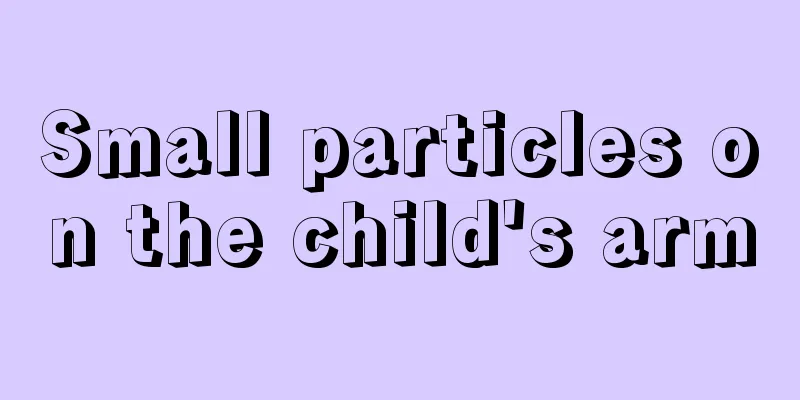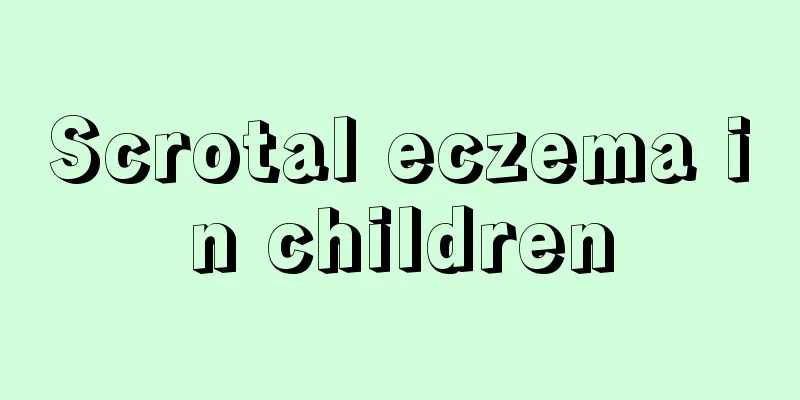What are the dangers of a short tongue in children when they grow up?

|
Many children have inaccurate pronunciation when they are young, and many parents mistakenly think that their children are being spoiled and do not take it seriously. After the child went to school, his reading of the text was affected and his English pronunciation was inaccurate. The parents began to worry and wanted to take the child to the hospital for treatment. In fact, children’s inaccurate pronunciation is caused by a short frenulum, which is usually called “biting the tongue”. So, what exactly is tongue-tie? Can it be treated? Today let’s explain the harmful effects of a short tongue on children as they grow up. It is recommended to go to the hospital for examination and do a small operation. If it grows bigger, it may affect the child's speech. The tongue tie is commonly known as the tongue tendon. When the child opens his mouth and pries up his tongue, you can see a thin strip of tissue connecting the tongue and the bottom of the mouth. This is the tongue tie. A normal tongue tie allows the tongue to move freely, and the tip of the tongue can naturally extend out of the mouth or lick upwards to the upper gums. However, a few children have abnormal development of the frenulum of the tongue, and may have a phenomenon of short frenulum (commonly known as tongue hanging). The clinical manifestations are that the tongue cannot extend forward freely and normally, and the part of the tongue that extends out of the mouth is not as long as that of normal children. Moreover, when the tongue is extended, the tip of the tongue becomes concave due to being pulled by the tongue muscles, and the tip of the tongue becomes W-shaped (the tip of a normal person's tongue is V-shaped when it is extended). It may also affect breastfeeding or rub against the lower front teeth, causing ulcers. When a child opens his mouth, the tip of his tongue cannot curl up, lick the upper gums or extend over the upper lip. This will affect normal pronunciation when the child is older. Regarding the problem of tongue-tie being too short, many parents have the following misunderstandings. It is abnormal for babies to have a short frenulum of the tongue. Some parents find that their baby’s frenulum of the tongue is relatively short, the tip of the tongue cannot curl up when the mouth is opened, and the tongue is not flexible, so they think it is abnormal. In fact, the baby's tongue tie is in the development stage. In the neonatal period, the tongue tie extends to or near the tip of the tongue. During the development of the tongue, the frenulum gradually retracts toward the root of the tongue. In normal children, the tip of the tongue gradually moves away from the frenulum after the age of 2. Therefore, the tongue tie is often in a tense state during infancy, and the frenulum may be "too short". This is a temporary physiological phenomenon and should not be considered abnormal. As age increases and deciduous teeth erupt, the frenulum of the tongue will gradually move downward to the floor of the mouth, becoming thinner and looser. The tongue's mobility will also become more flexible, and the frenulum will no longer be short. Children's inaccurate pronunciation is caused by a short tongue tie. Some parents attribute their children's inaccurate pronunciation to a short tongue tie. As long as the child shows any sign of unclear speech, they will take the child to the hospital to have the frenulum removed. Inaccurate pronunciation and incorrect articulation are certainly related to a short frenulum, but this is not the only reason for inaccurate pronunciation. A short frenulum generally only affects children's inaccurate pronunciation of certain words and does not play a major role in the overall pronunciation. There are two main reasons for inaccurate pronunciation: one is congenital physiological defects, such as congenital cleft lip and palate, missing or deformed teeth, and short frenulum of the tongue; the other is acquired diseases, such as children's childhood due to neurological diseases that cause uncoordinated movements of the vocal organs, hearing loss, etc., which result in inaccurate pronunciation and inability to imitate correctly, and brain development disorders, etc. In addition, children under 3 years old have a gradually increasing vocabulary, and they want to use language to express their thoughts, so they often have inaccurate pronunciation, especially some more complex sounds. This is because they have just learned to speak, and the language center and vocal organs in their brain are not yet mature, or they are affected by the language environment during the process of learning to speak. For example, if a child has been raised listening to a dialect since birth, and the adults around the child do not speak standard Mandarin, the child may have inaccurate pronunciation when learning Mandarin. Experts believe that a child's pronunciation is related to factors such as auditory function, language environment, intellectual development, and pronunciation level. These factors generally improve gradually between the ages of 4 and 8. Therefore, there is no need to worry too much about inaccurate pronunciation. Children have a certain ability to correct themselves, and they will gradually pronounce words clearly after the age of 4. Some normal children may not be able to completely correct this through learning until they enter school. The earlier the tongue-tie surgery is performed, the better. Some parents worry that a short tongue-tie will affect their children's pronunciation and speaking, and insist on asking the doctor to perform the surgery early, believing that early surgery does not require anesthesia, stitches, and less bleeding. Little do people know that premature surgery (at 2 to 6 months old) can easily lead to scar formation on the surgical wound, so some children need to undergo a second surgery. Moreover, children are usually unable to cooperate well with doctors during surgery, and any carelessness can easily cause accidental injuries and infections. In addition, the psychological impact of forced surgery on children may be greater than the physical harm they suffer. So, when is the best time to undergo surgery for a tongue-tie? Most experts believe that the best age for surgery is between 4 and a half and 5 years old. At this time, the child will be able to cooperate with the doctor during the surgery, and it will not affect the child's future pronunciation and recognition of words. After reading the above article about the harmful effects of short tongue on children when they grow up, I think you all have some understanding of it? Children are so young that their immunity is much weaker than that of adults and they are very easy to get sick. If parents cannot detect and treat the disease in time, it will more or less affect the children's future. |
<<: What causes headache and vomiting in children?
>>: What should I do if my child has blood in his stool?
Recommend
What are the prevention methods for hernia in children?
Nowadays, children are the treasures of every hou...
What are the effects and functions of eating walnuts for children?
Since I was a child, my mother often told me to e...
How to deal with cough caused by rhinitis in children
Many children always have symptoms of coughing. O...
What should I do if my child has blackheads on the tip of his nose?
Blackheads are a very troublesome skin disease, a...
What are the symptoms of calcium deficiency in a nine-month-old baby?
It is the common wish of every parent that the ba...
How to check if your baby has yellow eyes
In fact, in daily life, many people who have just...
What to do if the baby does not defecate for a week
The baby has not had a bowel movement for a week....
What are the massage techniques for babies with fever?
A baby is a fragile little life and can be easily...
What should a three-year-old child know?
Every child is the treasure of the family. Parent...
What causes bleeding in the child's ears?
Infants and young children have delicate bodies a...
The best time for premature babies to undergo rehabilitation
For premature babies, once some problems arise, t...
What foods are difficult for babies to digest?
Nowadays, there are more and more types of snacks...
How to treat vulvar inflammation in children?
Vulvitis is a common gynecological disease. Most ...
What is the shape of a three-month-old baby's stool?
Nowadays, mothers are getting younger and younger...
Why does my baby have pain around his belly button?
Pain around the baby's belly button is a comm...









